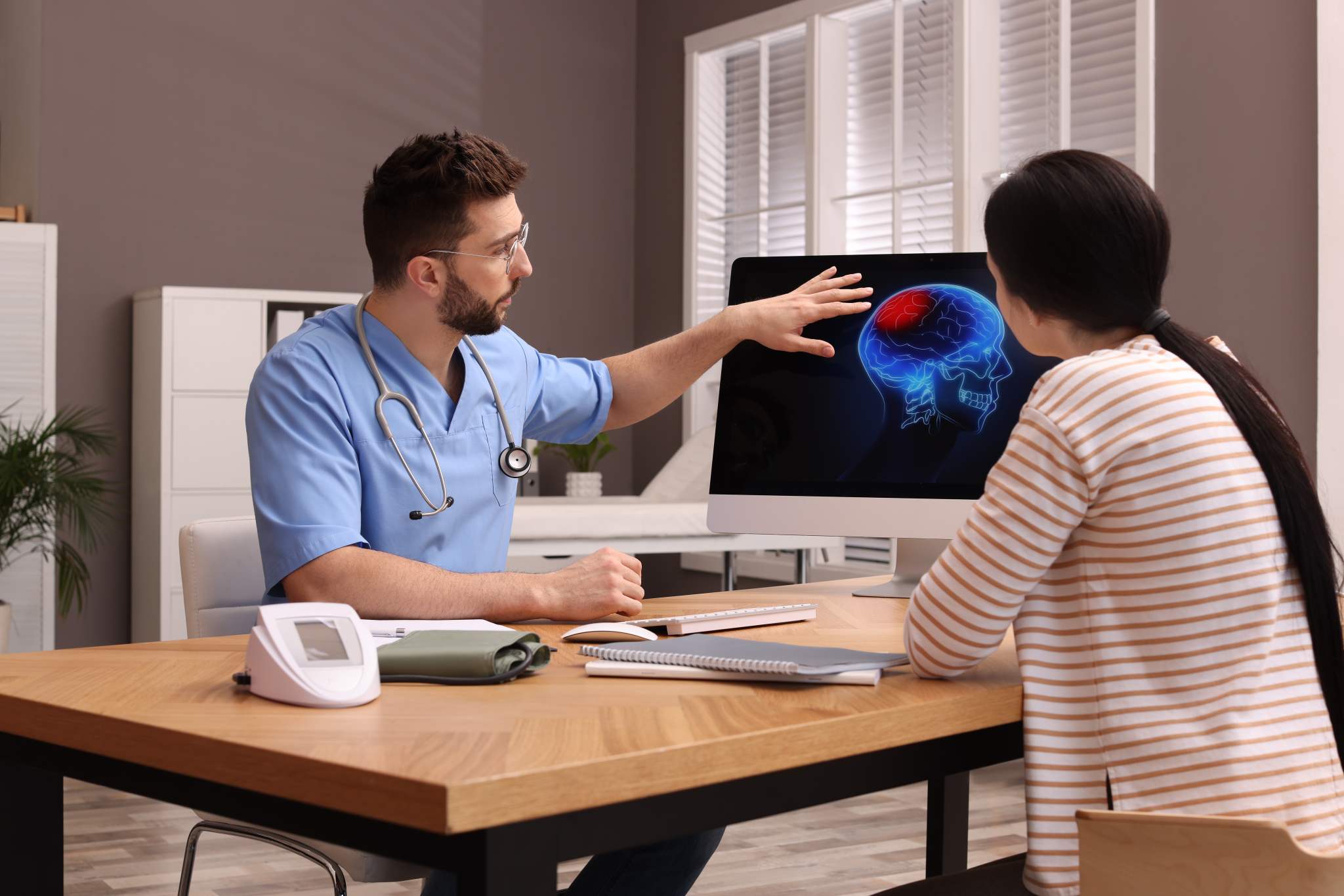Car accidents can be traumatic experiences, not just emotionally but physically as well. Among the injuries that can arise, neurological issues, like traumatic brain injuries and spinal damage, are some of the most serious and can have lasting effects if not promptly and properly addressed.
Car accident specialists specialize in diagnosing and treating these injuries. Neurologists, particularly, address issues affecting the brain, spine, and nervous system. Seeking a neurological assessment after a car accident, especially if you’ve suffered any head, neck, or spine trauma, can be vital to ensuring you receive the appropriate care. This kind of specialized care not only helps in identifying the full extent of your injuries but also in guiding your recovery process.
Common Neurological Symptoms Following a Car Accident
After a car accident, you may experience various symptoms that could indicate a neurological issue. These symptoms can vary in severity and may appear immediately or develop over time. Common neurological symptoms to watch for include:
- Persistent headaches
- Dizziness or vertigo
- Numbness or tingling in the extremities
- Difficulty concentrating or memory problems
- Vision disturbances
- Unexplained fatigue or lethargy
- Sudden changes in mood or behavior
Each of these symptoms could be a sign of a neurological injury, such as a concussion, nerve damage, or even a traumatic brain injury. Even if these symptoms seem minor at first, they could worsen over time, leading to more serious complications. Ignoring these warning signs could put you at risk for long-term damage, so it’s important to seek medical attention if you notice any of these issues.
When to Seek Immediate Neurological Care
Certain situations after a car accident require immediate attention from a neurologist. If you experience any of the following symptoms, it’s important to seek medical care right away:
- Loss of consciousness, even if only for a brief moment
- Severe headaches that don’t go away or get worse
- Sudden weakness or numbness in your arms or legs
- Difficulty speaking, swallowing, or understanding language
- Seizures or convulsions
- Sudden and unexplained loss of vision or hearing
Long-Term Effects of Untreated Neurological Injuries
Failing to address neurological symptoms after a car accident can have serious long-term consequences. Over time, untreated injuries can lead to:
- Chronic Pain: Persistent pain that becomes a daily burden, affecting your ability to work and enjoy life.
- Cognitive Decline: Issues with memory, attention, and other cognitive functions that may worsen over time.
- Emotional and Behavioral Changes: Untreated neurological injuries can lead to mood swings, depression, anxiety, and other emotional challenges.
- Reduced Mobility: Nerve damage or spinal injuries can limit your ability to move freely, leading to a decline in overall health and fitness.
These potential outcomes highlight the importance of seeking medical attention early on. Addressing neurological symptoms promptly can significantly reduce the risk of long-term damage and improve your chances of a full recovery.
How AICA Orthopedics Can Help with Neurological Injuries
AICA Orthopedics specializes in diagnosing and treating neurological injuries from car accidents, offering comprehensive care through a multidisciplinary approach. Our team of car accident doctors, including neurologists, ensures you receive expert attention from specialists who understand the complexities of these injuries. Whether you need physical therapy, pain management, or surgical intervention, our dedicated team supports you every step of the way.
Using advanced diagnostic tools and state-of-the-art imaging, we accurately assess the extent of neurological damage and develop a personalized treatment plan tailored to your needs. We also assist with insurance claims to make your recovery process as smooth as possible.
If you’ve been in a car accident and are experiencing neurological symptoms, don’t wait to seek help. Schedule an appointment with AICA Orthopedics today and take the first step toward your recovery.





